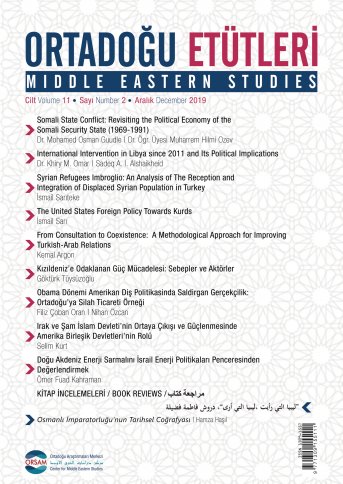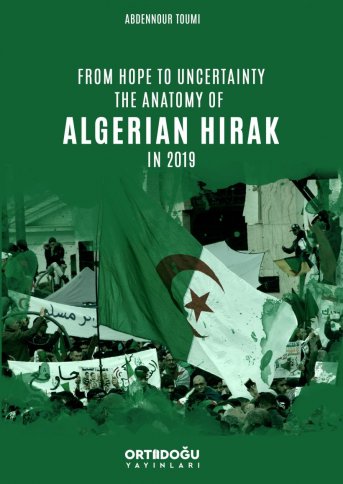
International Intervention in Libya since 2011 and Its Political Implications
This study seeks to discuss the evolution of international interventions in Libya since 2011 through three main pivots where ıt makes an interpretation to the concept of intervention in a broader trans-disciplinary sense. In the same context, the study sheds lights on the “Responsibility to Protect” doctrine and relying on this doctrine as a vehicle for international intervention.
All over the perıod, the international intervention had taken its place in establishment some rules to run the political process through military actions and the UN and its Libya-focused institutions like the sanctions committee, the UNSMIL and the Libya panel of experts; as well as focusing on the Arab League stance and decisions on Libya. By focusing on the policies of intervention in Libya mainly: military intervention, counter-terrorism, national dialogue and building a consensual national army and arms embargo.
The study tried to observe some conclusions on the unconscious role of international institutions which appeared in conflict relations rather than resolution, as well as, the hardness of status quo in Libyan politics and its interactions with regional politics vice versa.



